利奥波德土地伦理思想对农村宅基地整理的启示——以余姚白鹿村为例
浙江财经学院硕士学位论文摘要有一位哲学家曾经说过,如果苏格拉底生活在当代,他可能会是另一个苏格拉底,因为他不得不思考与环境哲学有关的问题,从而成为一名环境哲学家。很多人都会认同这位哲学家的观点,因为自从工业革命以来,以环境恶化为表象的生态问题日益突显,人们不得不开始重新反思与解读人类与自然世界的关系,生态伦理作为一种全新的道德观念便应运而生。其中影响最大的是由奥尔多·利奥波德(AldoLeopold)提出的土地伦理思想,土地伦理思想为生态伦理的形成和发展奠定了基础,所以利奥波德被称为“美国的以赛亚”和“现代生态伦理学之父”。农村宅基地整理是我国建设社会主义和谐新农村的重要举措,对于耕地的保护和...
相关推荐
-
USST_Arts_112480743自动生产线的同步维修模型及案例分析VIP免费
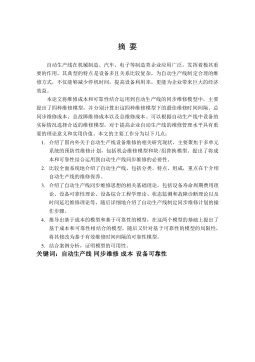
 2025-01-09 15
2025-01-09 15 -
USST_Arts_112480745基于供需网特征理念的企业间关系状态研究VIP免费
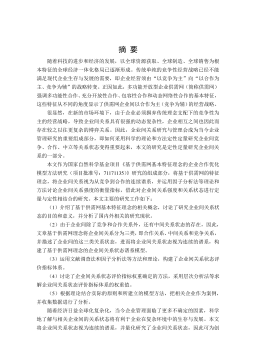
 2025-01-09 16
2025-01-09 16 -
USST_Arts_112480756 我国城镇化与能源消费结构间关系的研VIP免费
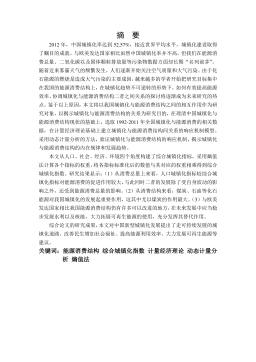
 2025-01-09 21
2025-01-09 21 -
USST_Arts_112490763 企业创新型团队社会网络、知识管理过程及团队创造力关系研究VIP免费
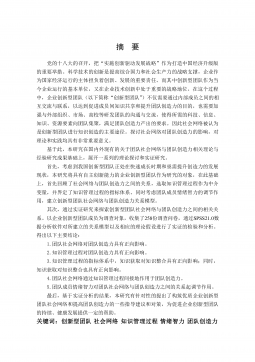
 2025-01-09 14
2025-01-09 14 -
USST_Arts_112490769创新团队执行力影响因素分析VIP免费

 2025-01-09 18
2025-01-09 18 -
USST_Arts_112070649基于团队自反性的科技型企业TMT特征对企业绩效的影响研究VIP免费
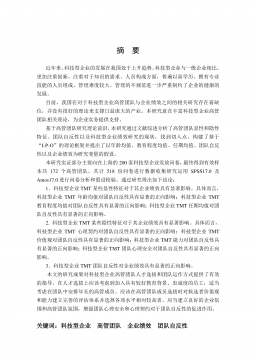
 2025-01-09 21
2025-01-09 21 -
TR公司工业机器人市场发展战略研究VIP免费
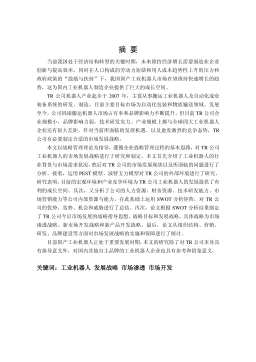
 2025-01-09 26
2025-01-09 26 -
二氧化碳套管式气冷器的研究VIP免费
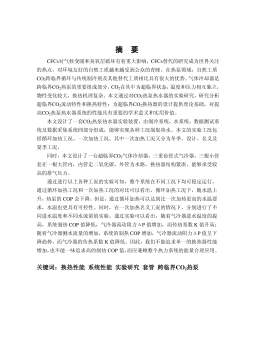
 2025-01-09 17
2025-01-09 17 -
非共沸混合物在微通道水平单管内流动沸腾特性VIP免费
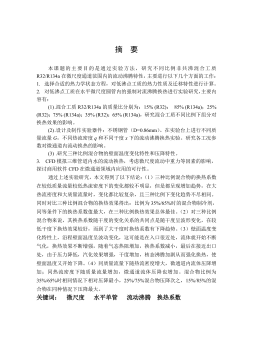
 2025-01-09 96
2025-01-09 96 -
基于MRO的连铸辊维护管理系统研究VIP免费
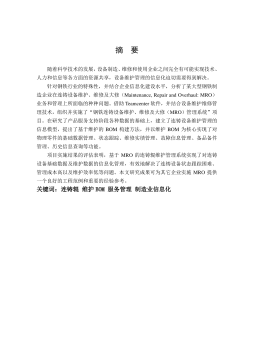
 2025-01-09 11
2025-01-09 11
相关内容
-

USST_Arts_112070649基于团队自反性的科技型企业TMT特征对企业绩效的影响研究
分类:高等教育资料
时间:2025-01-09
标签:无
格式:PDF
价格:15 积分
-

TR公司工业机器人市场发展战略研究
分类:高等教育资料
时间:2025-01-09
标签:无
格式:PDF
价格:15 积分
-

二氧化碳套管式气冷器的研究
分类:高等教育资料
时间:2025-01-09
标签:无
格式:PDF
价格:15 积分
-

非共沸混合物在微通道水平单管内流动沸腾特性
分类:高等教育资料
时间:2025-01-09
标签:无
格式:PDF
价格:15 积分
-

基于MRO的连铸辊维护管理系统研究
分类:高等教育资料
时间:2025-01-09
标签:无
格式:PDF
价格:15 积分






